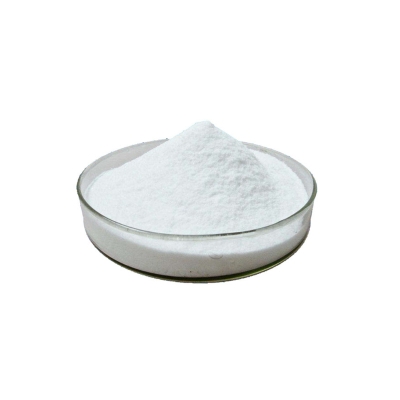-
Categories
-
Pharmaceutical Intermediates
-
Active Pharmaceutical Ingredients
-
Food Additives
- Industrial Coatings
- Agrochemicals
- Dyes and Pigments
- Surfactant
- Flavors and Fragrances
- Chemical Reagents
- Catalyst and Auxiliary
- Natural Products
- Inorganic Chemistry
-
Organic Chemistry
-
Biochemical Engineering
- Analytical Chemistry
-
Cosmetic Ingredient
- Water Treatment Chemical
-
Pharmaceutical Intermediates
Promotion
ECHEMI Mall
Wholesale
Weekly Price
Exhibition
News
-
Trade Service
Immune checkpoint inhibitors have become the standard treatment for advanced melanoma and have been used as adjuvant therapy after resection for locally advanced melanoma patients, so that patients with advanced melanoma can achieve long-term survival
.
But in melanoma patients treated with immune checkpoint inhibitors, up to 60% of patients experienced serious immune-related adverse events
immunity
Recently, a research article was published in the top medical journal Nature Medicine.
In this study, the researchers used time-of-flight mass spectrometry, single-cell RNA-sequencing, single-cell V(D)J sequencing, bulk RNA sequencing, and bulk T cell stimulation.
Peripheral blood samples from melanoma patients treated with PD-1 monotherapy or anti-PD-1 and anti-CTLA-4 in combination with immune checkpoint inhibitors were investigated
.
By analyzing 93 blood samples before and early treatment with immune checkpoint inhibitors and 3 patient cohorts (n=27, 26 and 18), the researchers identified 2 pre-treatment factors in the circulation—activated CD4 positivity Memory T cell abundance and TCR diversity—associated with the development of serious immune-related adverse events, regardless of organ system involvement
.
The researchers also explored treatment changes in TCR clonality in melanoma patients receiving combination therapy and correlated the study's findings with the severity and timing of onset of immune-related adverse events
.
These results demonstrate a circulating T cell signature associated with immune checkpoint inhibitor-induced toxicity, which has important implications for improving clinical diagnosis and treatment of melanoma .
These results demonstrate a circulating T cell signature associated with immune checkpoint inhibitor-induced toxicity, which has important implications for improving clinical diagnosis and treatment of melanoma.
diagnosis
Original source:
Original source:Alexander X.
Lozano, et al.







